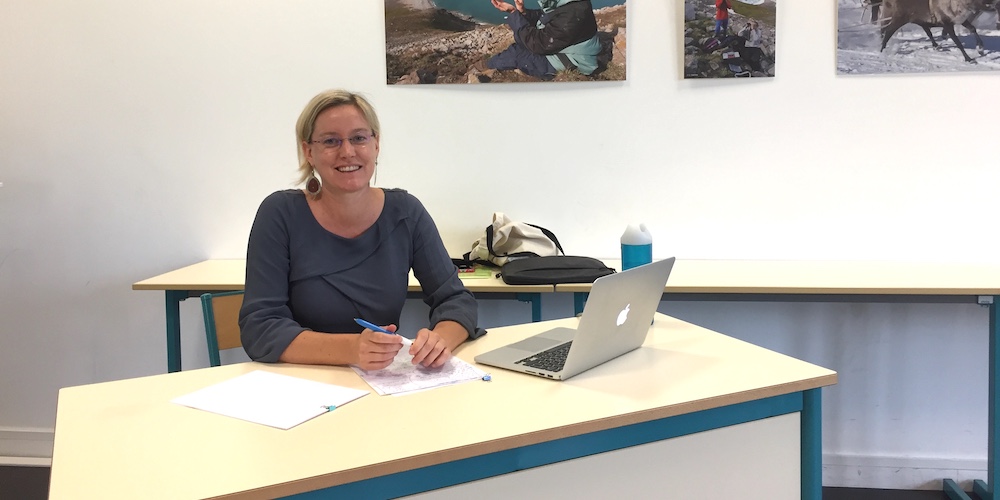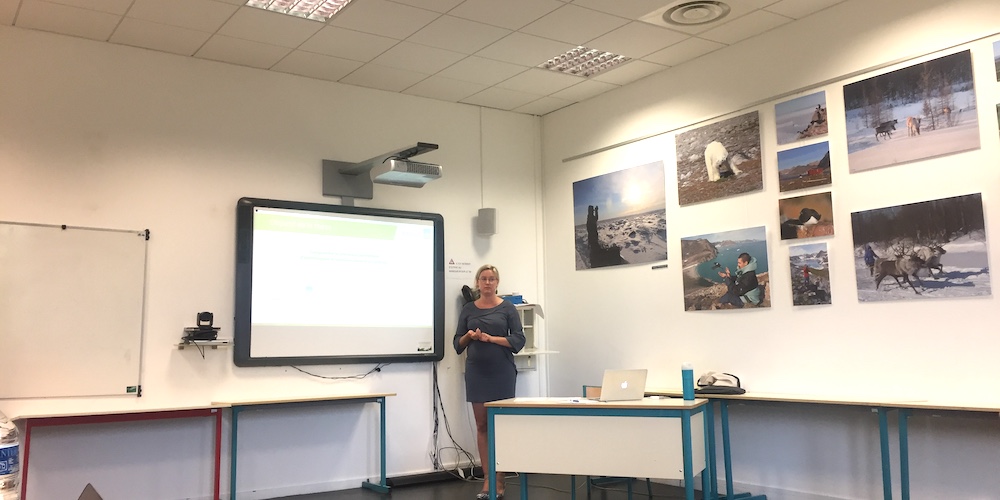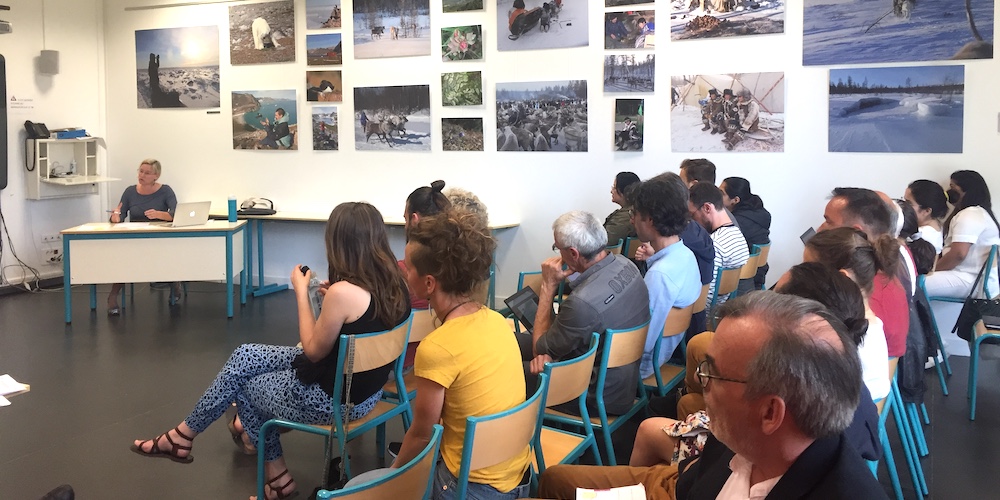Soutenance de thèse de Camille Gerome
![]()
« Les initiatives de transition comme facteur de développement des capacités territoriales d'adaptation aux effets des changements climatiques »
Camille Gerome
Jeudi 20/06/2019 à 14h30
OVSQ, Salle 0007
Résumé :
Cette thèse s'appuie sur l'observation des mouvements de transition. Issue d'initiatives citoyennes, ces actions spontanées proposent des innovations sociales. Basés sur une approche inductive et itérative, les terrains d'étude concernent les territoires en transition du Trièves et de Crozon complétés de terrains issus du réseau Colibri. L'intention est de faire le lien entre les initiatives de transition et le concept de capacité d'adaptation. Le premier chapitre de résultat tente de comprendre les capacités d'adaptation développées par les initiatives citoyennes new-yorkaises à la suite de l'ouragan Sandy. Le second chapitre de résultat est une comparaison des initiatives de Crozon et du Trièves. Enfin, le dernier chapitre de thèse cherche à comprendre le processus d'émergence des innovations dans le contexte des initiatives de transition.
Le jury composé de :
- Luc Abadie : Professeur des universités (Sorbonne Université) - Rapporteur
- Elena Lioubimtseva : Professeure (Grand Valley State University, États-Unis) - Rapporteure
- Charlotte Da Cunha : Maître de Conférences (UVSQ, Représentatnte Université Paris Saclay) - Examinatrice
- Chantal Pacteau : Directrice de recherche (CNRS) - Examinatrice
- Jean-Paul Vanderlinden : Professeur des universités (UVSQ) - Directeur de thèse
![]()
« Transition initiatives as a factor for developing territorial capacities to adapt to the effects of climate change »
To respond to social issues of adaptation to the effects of climate change, this thesis contributes to the understanding of adaptation capacity development processes. The main subject is the spontaneous transitional citizens dynamics. It is about a group of citizens wishing act locally for the development of their territory in a coherent way around shared values. This thesis helps to demonstrate the emergence and the development of innovative social practices. This is comparable to social innovations in transition arenas who reproduce characteristics of niches: protected and restricted space encouraging incubation. These social innovations, fostered by networking, cohesion and the sharing of values, contribute to the development of adaptability through a desire for transmission and a global dynamic of inclusion. Concretely, this study focuses on two transition initiatives similar in their intentions and different in their history. They participate in considering a new dynamic of society that is both spontaneous, autonomous and inclusive. By positioning itself neither "against" the territory and its institutions, nor "without" them, these transition initiatives represent remarkable alternatives to lead to more cooperative societies and more able to adapt to the effects of climate change.






